Introduction to Kind Health Group: Exceptional Care For All
October 13, 2023
Kind Health Group is dedicated to providing exceptional, compassionate care with a focus on excellence and a wide range of medical and aesthetic services, ensuring every patient receives personalized, high-quality healthcare.
When it comes to our health, we all deserve exceptional care. At Kind Health Group, we understand the importance of providing high-quality medical services that prioritize the well-being of every individual. With our team of dedicated healthcare professionals, including experienced physicians and support staff, we strive to deliver comprehensive and compassionate care to all our patients. Whether you're seeking routine check-ups or specialized treatments, Kind Health Group is here to meet your healthcare needs.
Committed to Excellence
At Kind Health Group, excellence is at the heart of everything we do. We believe that every patient deserves the highest standard of care, and our experienced physicians and support staff work tirelessly to ensure just that. With a commitment to staying up-to-date with the latest advancements in medical research and technology, we provide cutting-edge treatments and procedures to promote optimal health outcomes for our patients.
Compassionate Approach
We understand that seeking medical care can be a vulnerable and sometimes intimidating experience. That's why Kind Health Group is dedicated to creating a warm and welcoming environment for every patient who walks through our doors. We believe in treating our patients with kindness, empathy, and respect, ensuring that they feel heard, understood, and valued. Our compassionate approach fosters trust and open communication, allowing us to provide personalized care tailored to each individual's unique needs.
Comprehensive Services
Kind Health Group offers a wide range of comprehensive medical services and aesthetic services to address various healthcare needs. From routine check-ups through our concierge primary care to all aesthetic needs and personal goals, our team is equipped to handle diverse medical and aesthetic concerns. Our services include, but are not limited to:
1. Concierge Primary Care: Our primary care services include, monthly visits, annual comprehensive health exam, text messaging, comprehensive lab draws, in home or office, mental health support and education, monthly health coach visits, and anytime connection to your health record.
3. Women's Sexual health: Our experienced physician, Dr. Georgine Nanos offers experience in a range of services, including annual exams, contraceptive counseling, and menopause management, Monalisa, and Emsella treatments.
4. Health Coaching: We connect you with various tools to focus on your overall health and life balance in one convenient program. Our approach targets stress management, weight management, nutrition, fitness, and approaching life changes.
5. Aesthetic services: At Kind we offer a variety of aesthetic services for face and body. Including body contouring BTL devices, microneedling, injectables, Platelet rich plasma treatment, vein removal, laser hair and scar removal, skin resurfacing laser treatments, and IPL.
At Kind Health Group, we prioritize your health and well-being. If you're looking for exceptional care in a compassionate environment, contact us today to schedule an appointment. You can reach us at: 760-701-5463, or text us through our secured texting line at 760-492-7986. Our dedicated team is ready to provide you with the personalized healthcare you deserve.









